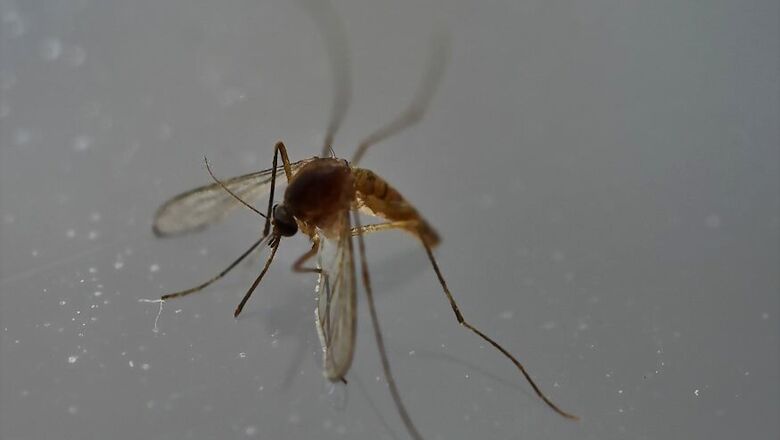
views
Zika virus infection is one of the many mosquito-borne diseases affecting people around the world. A few others include dengue, malaria, chikungunya, yellow fever and encephalitis. While these diseases are not deadly, they can prove to be harmful if proper care is lacked. Zika infection is caused and transmitted by female Aedes mosquito.
According to a report published in Zika News, a new study conducted by researchers from Harvard University and the University of Puerto Rico has suggested that a prenatal Zika virus infection is linked to lower receptive language scores during the 1st year of life of a baby.
The study was published in the JAMA Network Open on October 25, 2019. According to it, the inability is found even among infants without microcephaly or congenital Zika syndrome. Zika syndrome is a prenatal maternal Zika infection associated with lower receptive language scores.
The objective of the study was to determine whether infants of mothers who had at least 1 positive prenatal Zika test result, show any differences in cognitive scores from ages 3 to 6 months and 9 to 12 months. The study also focused on whether Zika status was associated with scores on cognitive domains after adjusting for confounders.
The new study is important since the Zika virus has gained recognition over the past few years as an important new ‘etiology of congenital infection.’ Moreover, there is no known cure for a Zika infection. It also does not have a preventive vaccine available currently.
Prior to 2015, only a handful of health researchers could have foreseen the potential devastation that the Zika virus was capable of inflicting. However, Zika had previously received scarce global attention with the growing Zika cases. By May 20, 2017, more than 40,000 confirmed cases of Zika infection had been diagnosed in Puerto Rico. Out of these, 3,703 were women infected during pregnancy, thus resulting in at least 38 cases of Zika-associated birth defects in Puerto Rico alone.




















Comments
0 comment